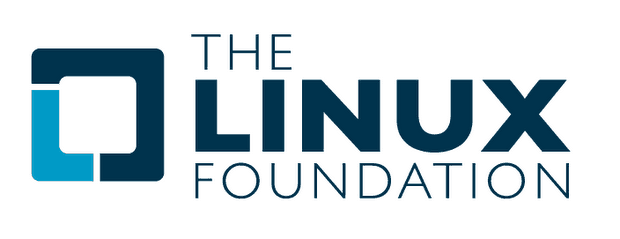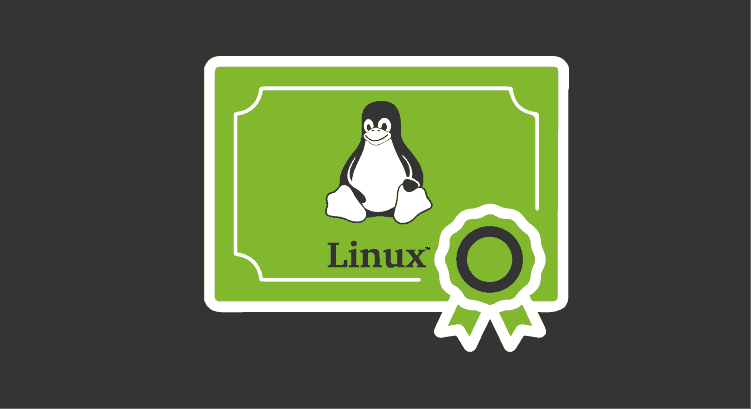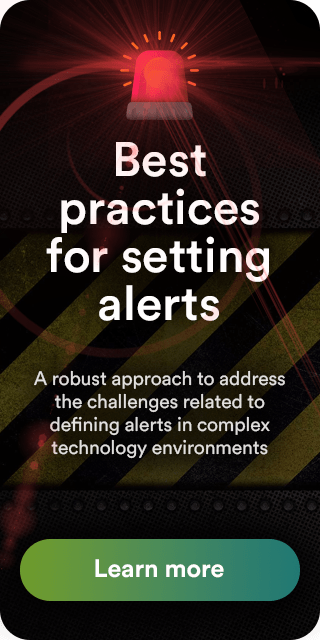Linux Certifications: a practical guide and a brief overview
In this globalized world, where speed and immediacy of response have been imposed as a rule, the truth is that we enjoy a flow of bytes per second very well delimited and studied. In the case of the study of computer science, although it is true that the courses advertised on television and websites are an excellent source of summarized and updated information, if we do not have a good knowledge base, this information will be simple data for our brain.
We think that the first thing we should study strictly is mathematics and logic, with pseudo code exercises, to then proceed to study computation as such. All this is taught in universities and technological institutes with different levels of depth and it has always led to eternal debates in the development of educational plans. Theory without practicality has always shown that it works in very few fields and these are extremely specialized. The issue is what percentage of both should be included to balance the burden of studies.
Having knowledge about free software will even increase our creativity, through the release of bonds imposed on us by proprietary software. To demonstrate our knowledge is to be evaluated, although this, we believe, is not enough. Every day more and more fields of study for computing appear, and what we know now and the Linux Certifications we have today, may be the subject of study for class 101 of the new university career in the future.
Linux Certifications

The Linux Foundation” grants Linux Certifications
Obviously, we have to start with the Linux Foundation®, an entity based in the United States and under the strong influence and direction of Linus Torvalds himself. His teachings are at a distance, designed to adapt to our schedules and rhythms of work, something totally opposed in other courses. Today they offer four areas of
Linux Certifications:
- Linux Foundation Certified System Administrator®: yes, you read it well; the title is like a registered trademark. It is the entry step to being a System Administrator and no specific requirements are needed. The examination lasts two hours and may be repeated if necessary. We may also choose to take a course of study first and then take the certification exam. Among the most important features of this evaluation is a quarter based on copying, creation, backup, compression and decompression, and file system navigation, among others. Another twenty per cent of the evaluation consists of safely starting, shutting down and restarting a Linux system, configuring the operating system, scheduling jobs, updating the operating system, as well as locating and analysing the event logging system (basic monitoring). Only ten per cent are dedicated to user management and administration, and twenty per cent of what we consider most important: services (DNS, http server, database server, etc.). The rest represents the handling and administration of storage volumes and the topic of network communications.
- Certified Linux Foundation Engineer, “Linux Foundation Certified Engineer®”: is designed for professionals with more than three years of experience who are interested in being evaluated in the new demands of the market. The Linux Foundation works in permanent contact with large companies to know which technologies they adopt and create new jobs. The test content is very similar to that of System Administrator, but twenty-five per cent is dedicated to system design and implementation, just to be the immediate head of a System Administrator. For both tests the Linux Foundation has a completely free contact form and specially designed with all the recommendations and steps to take to prepare for certification.
- Cloud Foundry Certified Developer: “Cloud Foundry”, supported by many companies such as IBM®, Microsoft®, Pivotal®, Cisco®, Google®, SAP®, SUSE® and many others. As we said, the Linux foundation is always aware of new technologies and the “cloud” is very used now. The test is quite arduous and we won’t go into so many details, but we can say that it covers security, API design and implementation, services and containers (they specifically name Docker) and what we consider to be the most advanced: application management. The latter includes users and roles and their security policies, as well as resource spaces and quotas and the metrics of such software. Although it says that it does not have any prerequisites to take the exam, it clarifies that they must have knowledge of Java, Node.js and applications under Ruby language.
- Certified Kubernetes Administrator: Kubernetes allows to massively deploy, together with its administration, various types of software containers, mainly Docker. In this case, the Linux Foundation is allied with the Cloud Native Computing Foundation, to guarantee a complete and deep course in the subject of certification. This includes fundamental concepts (19%), network work (11%), scheduling and planning (5%), security (12%), cluster maintenance (11%), storage (7%) and installation, configuration and validation (12%), among others.

Kubernetes
Driving Universities
There are many reasons why universities worldwide bet on free software for the practices of their students. In the 1990s, Finland, a country that traded to a very high degree with the extinct Union of Soviet Socialist Republics (both because of its geographical and historical proximity) was left in an economic downturn after the fall of the iron curtain. This is why the University of Helsinki, the alma mater of Linus Torvalds, turned its attention to saving software licenses. At the Hispanic American level, to name a few, the National University (Costa Rica), the National University of La Plata (Argentina) or the Francisco Marroquín University (Guatemala) stand out.
Test your knowledge of Linux with our test:
Pandora FMS, committed to free software
At Pandora FMS we are committed to the open source community. We were nominated for the November 2017 project on SourceForge, through this blog we provide you with accurate and updated information on our advances and progress in the field of monitoring. Do you want to know more? Contact us!
We hope you enjoyed this article about Linux Certifications!
Certain logos and trademarks belong to the Linux Foundation and their use guide is described in this web link.

Programmer since 1993 at KS7000.net.ve (since 2014 free software solutions for commercial pharmacies in Venezuela). He writes regularly for Pandora FMS and offers advice on the forum . He is also an enthusiastic contributor to Wikipedia and Wikidata. He crushes iron in gyms and when he can, he also exercises cycling. Science fiction fan. Programmer since 1993 in KS7000.net.ve (since 2014 free software solutions for commercial pharmacies in Venezuela). He writes regularly for Pandora FMS and offers advice in the forum. Also an enthusiastic contributor to Wikipedia and Wikidata. He crusher of irons in gyms and when he can he exercises in cycling as well. Science fiction fan.
















